Location
240 N. 6th St.
East St. Louis, St. Clair County
Year built
1886
Architect
Unknown
Current owner
Ministers United Against Suffering
(Photo credit: Jerome King)
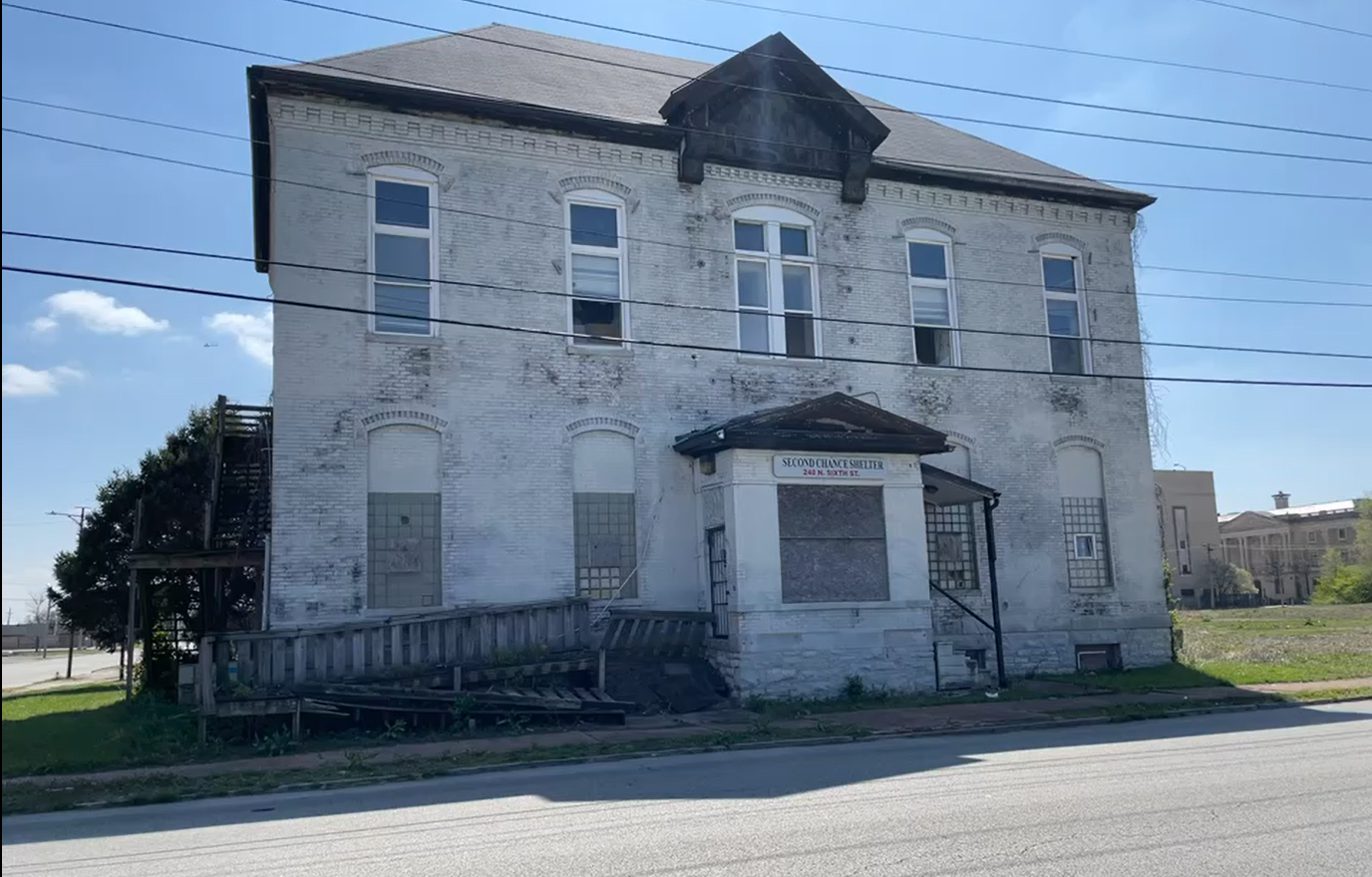
240 N. 6th St.
East St. Louis, St. Clair County
1886
Unknown
Ministers United Against Suffering
(Photo credit: Jerome King)
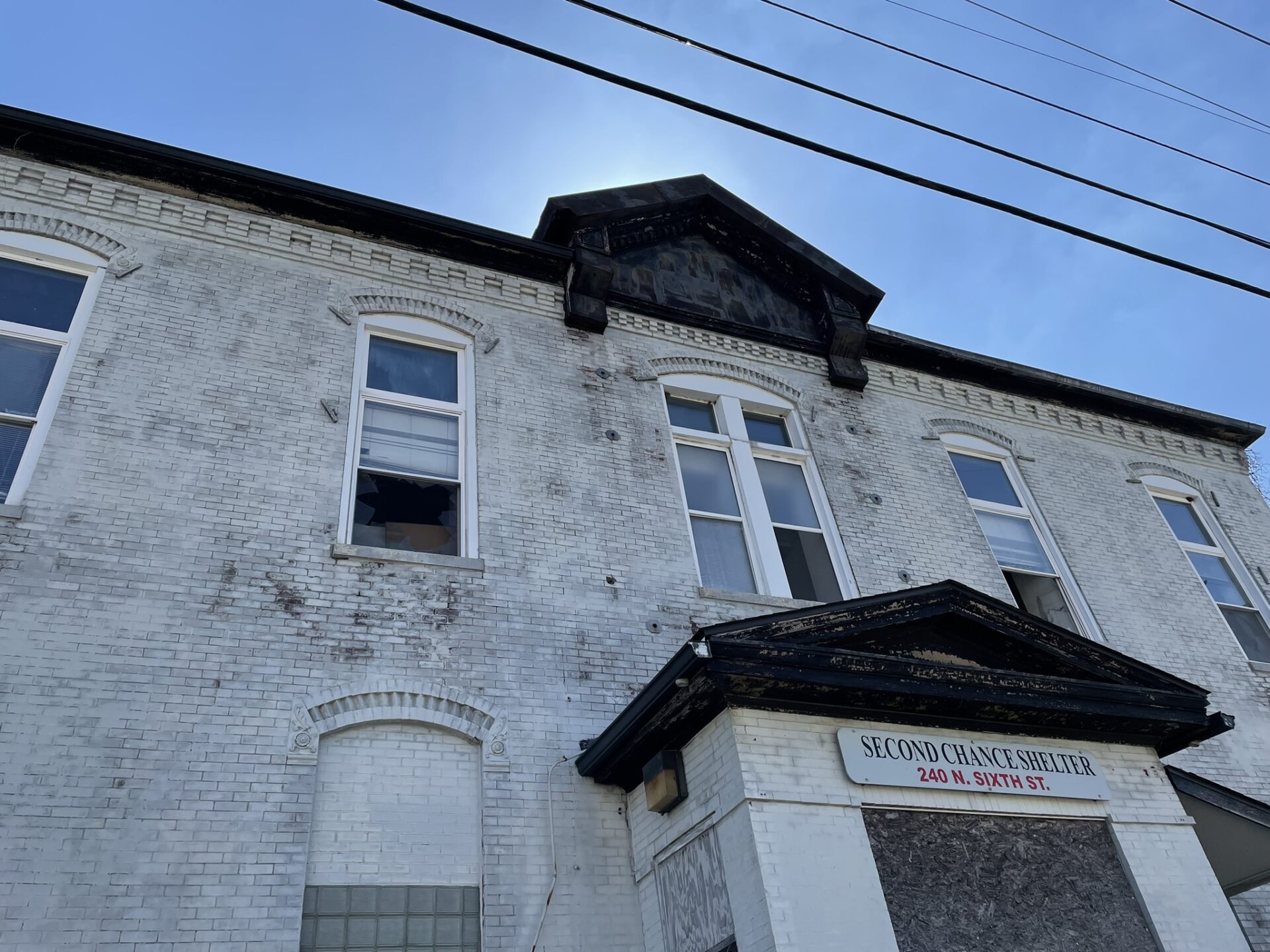
Lincoln School opened in 1886 as a school for Black students. In 1881, John Robinson, who was formerly enslaved and a Civil War veteran, helped lead a protest of Black mothers and students into the all-white Clay School to petition for appropriate educational opportunities and facilities. The advocacy effort, during which Robinson guarded students and conveyed their demands to the school administration, prompted the school board to build Lincoln School. Following the 1917 East St. Louis Race Riots, the school building later served as a junior high and as offices for East St. Louis School District 189 after multiple new schools were built.
(Photo credit: Jerome King)
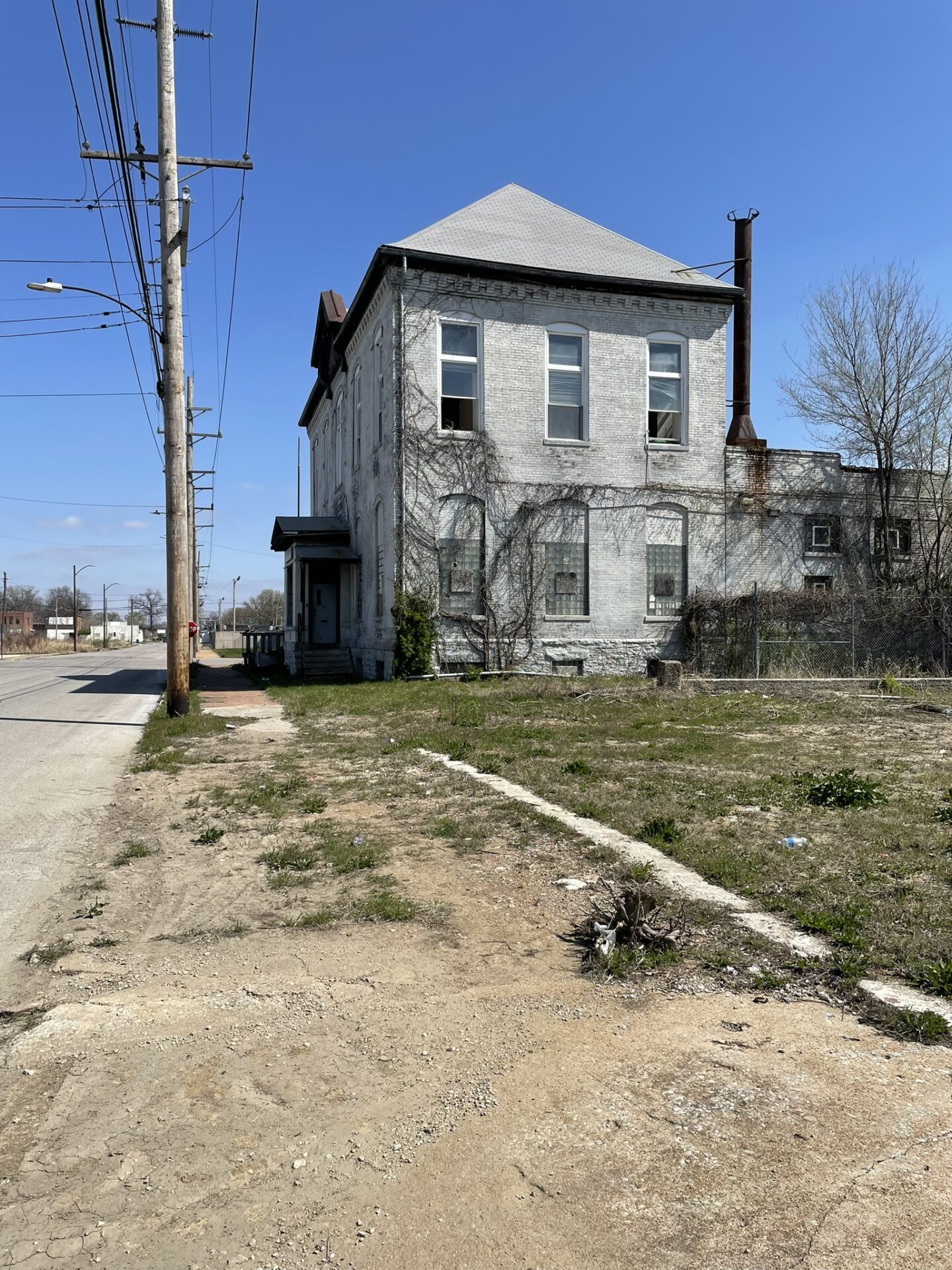
Despite the building’s historic significance to Black residents of East St. Louis, it has been empty or underutilized for decades. East St. Louis School District 189 vacated the school in 1975. In 1999, the Ministers United Against Suffering purchased the school to use it as a shelter for the unhoused. Though East St. Louis experienced massive population decline and widespread demolition throughout the mid-20th century, this storied building has survived. Without a new use and proper investment in required maintenance, the school will eventually become another victim of the demolition by neglect that threatens much of East St. Louis.
(Photo credit: Jerome King)
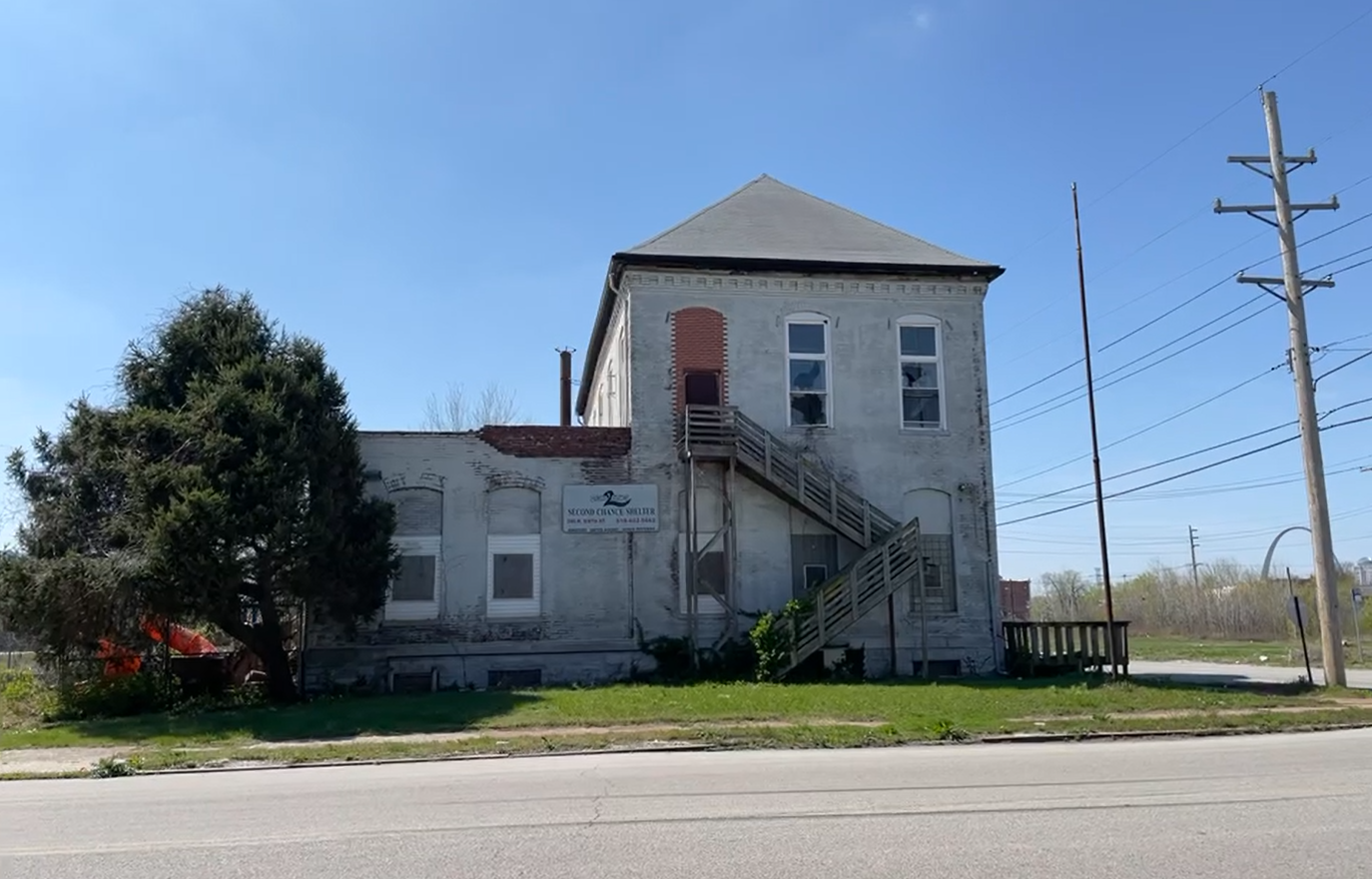
With East St. Louis’ downtown historic district a block away, the former Lincoln School stands as a prime location for use as a museum and heritage site to tell stories from the past, like that of John Robinson and residents’ involvement in the 1917 race riots. This would give groups that operate in the area, like the Emma L. Wilson King Foundation, a civic and educational foundation, the NAACP and alumni of the Lincoln School a site to share important local history.
(Photo credit: Jerome King)
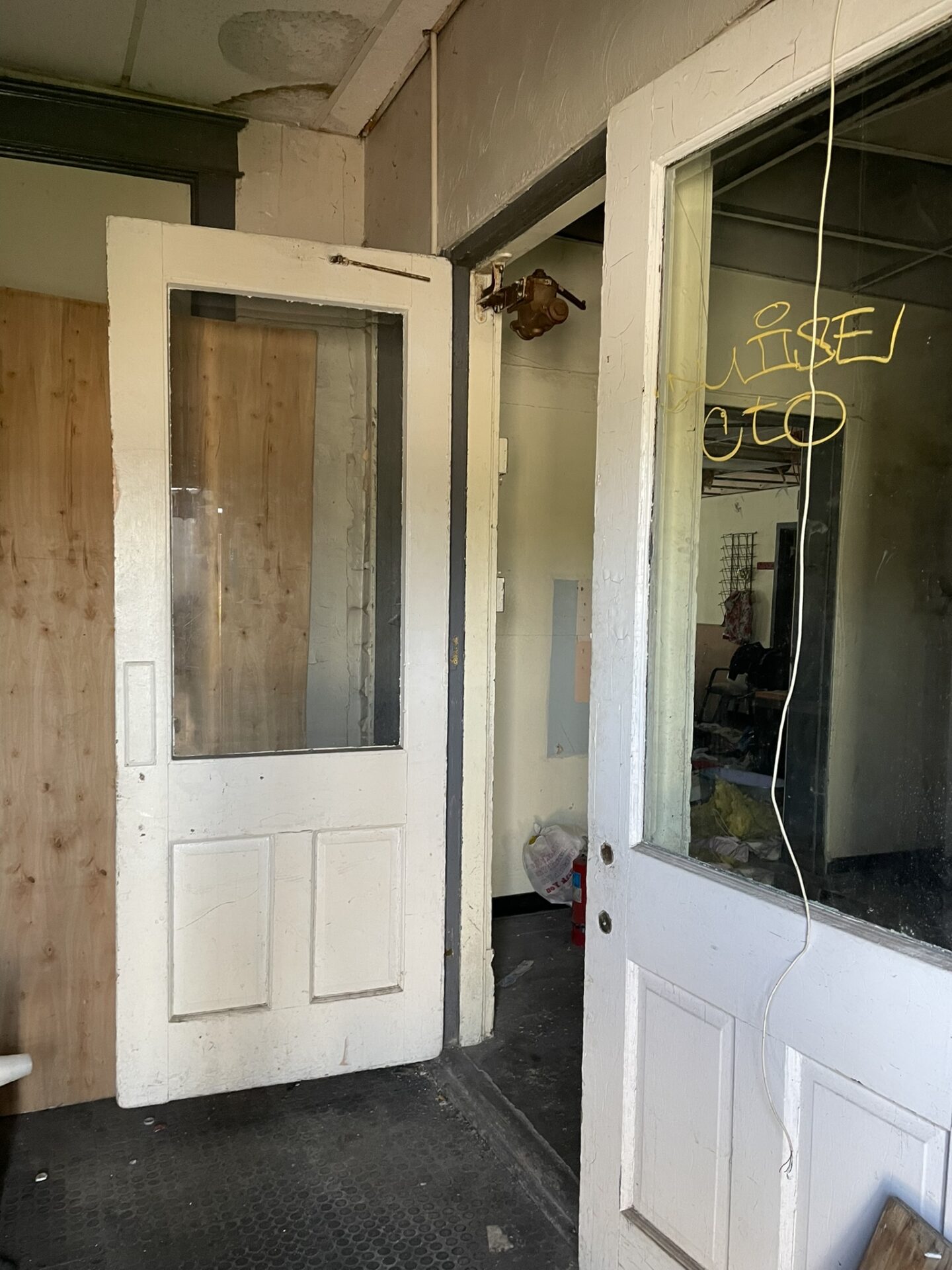
(Photo credit: Jerome King)
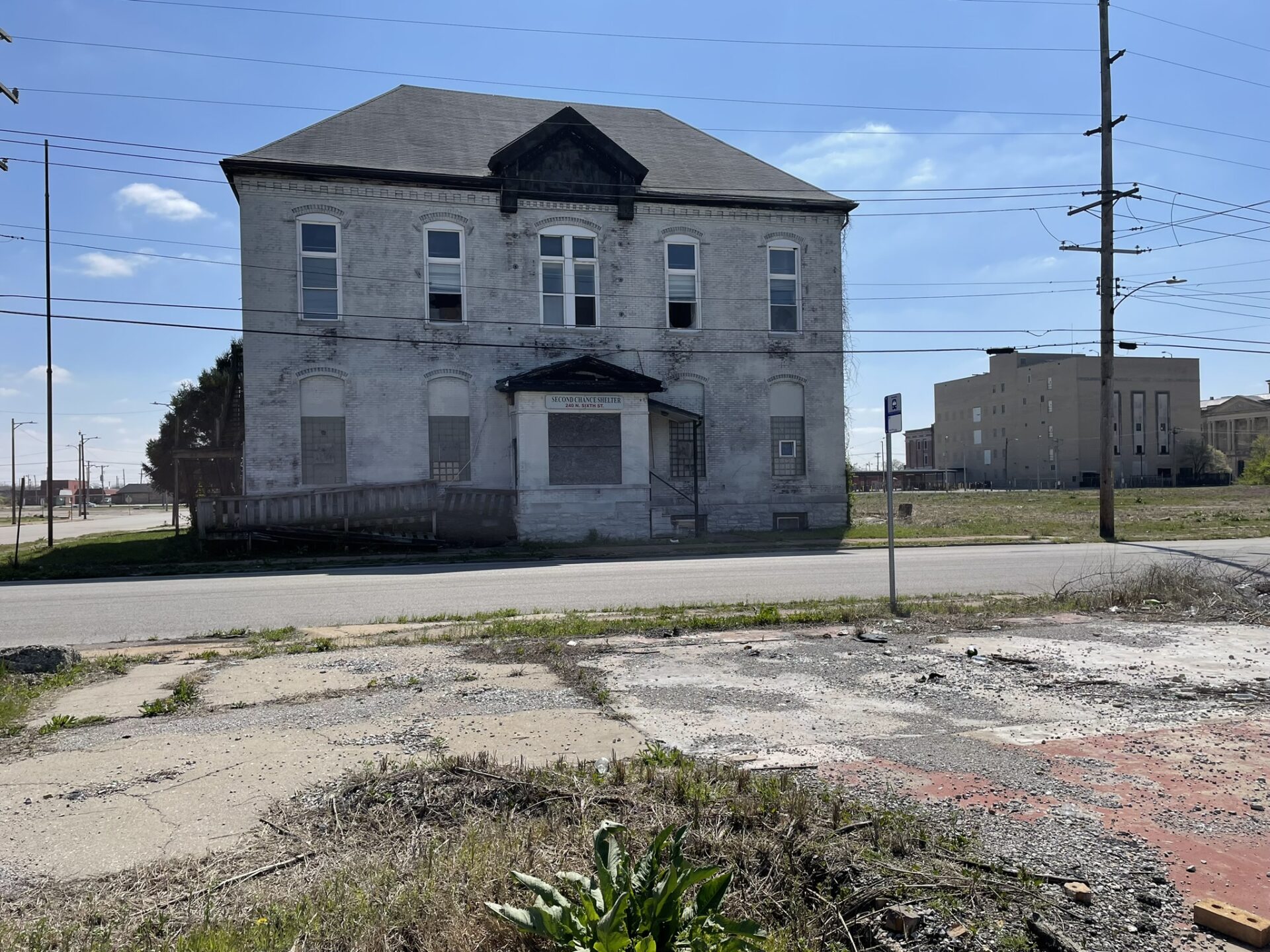
“The old Lincoln School was the first school for colored students in East St. Louis, Illinois. It stood as the cornerstone of educating our children and giving us a source of pride, knowing that our future was thriving between those walls. The sacrifices of our ancestors were being realized and true options for the advancement of our children were reality. This building stands as a symbol of our progress post-slavery and as a foundation for the great accomplishments of African Americans from East St Louis.”
“The old Lincoln School was the first school for colored students in East St. Louis, Illinois. It stood as the cornerstone of educating our children and giving us a source of pride, knowing that our future was thriving between those walls. The sacrifices of our ancestors were being realized and true options for the advancement of our children were reality. This building stands as a symbol of our progress post-slavery and as a foundation for the great accomplishments of African Americans from East St Louis.”
(Photo credit: Jerome King)
Be a voice for the future of our communities by supporting Landmarks Illinois. Our work enhances communities, empowers citizens, promotes local economic development and offers environmentally sound solutions.